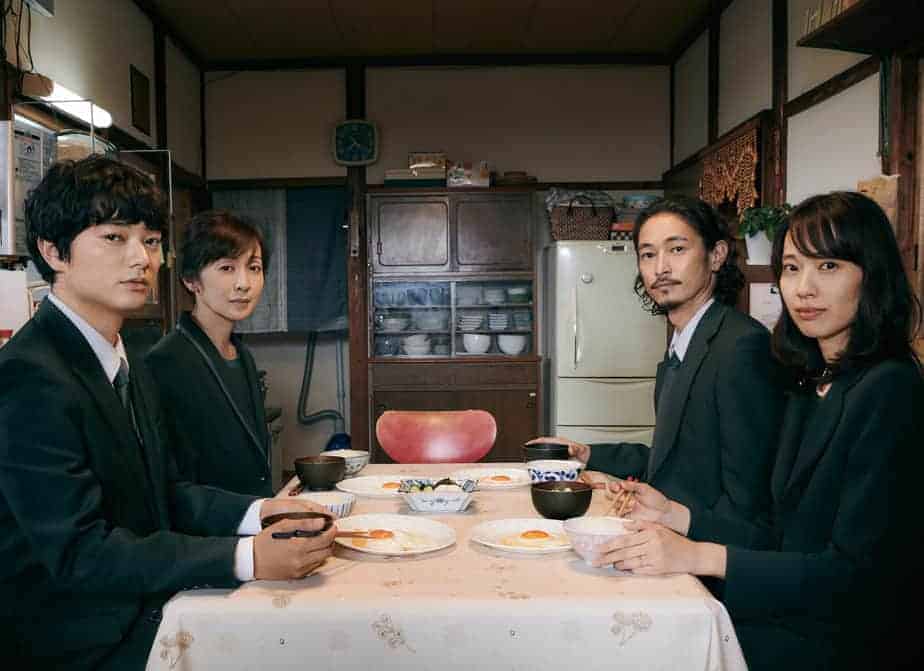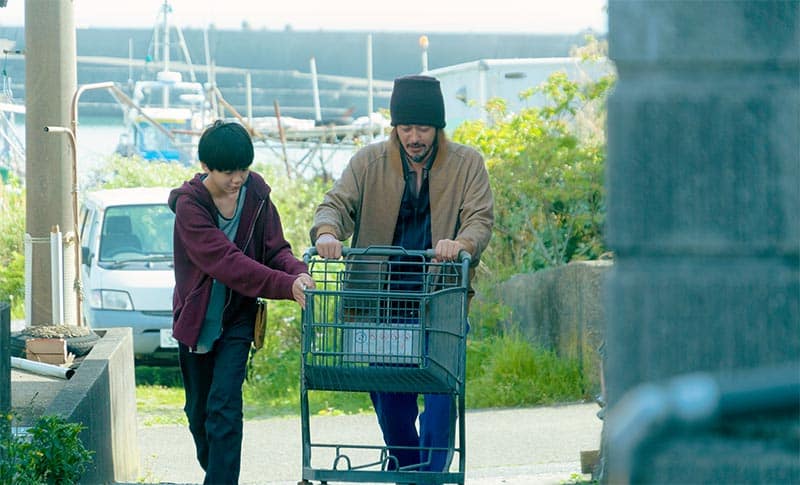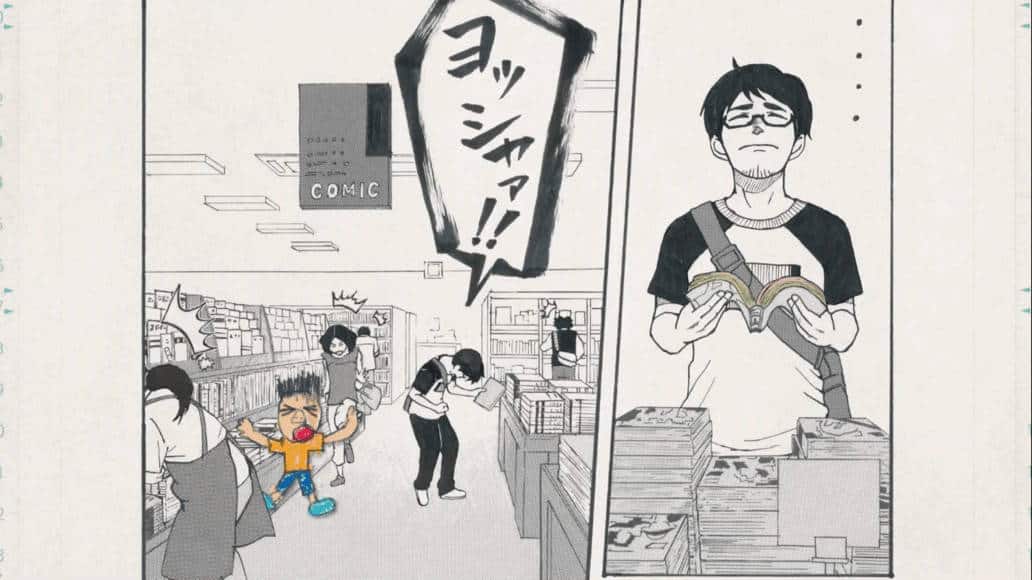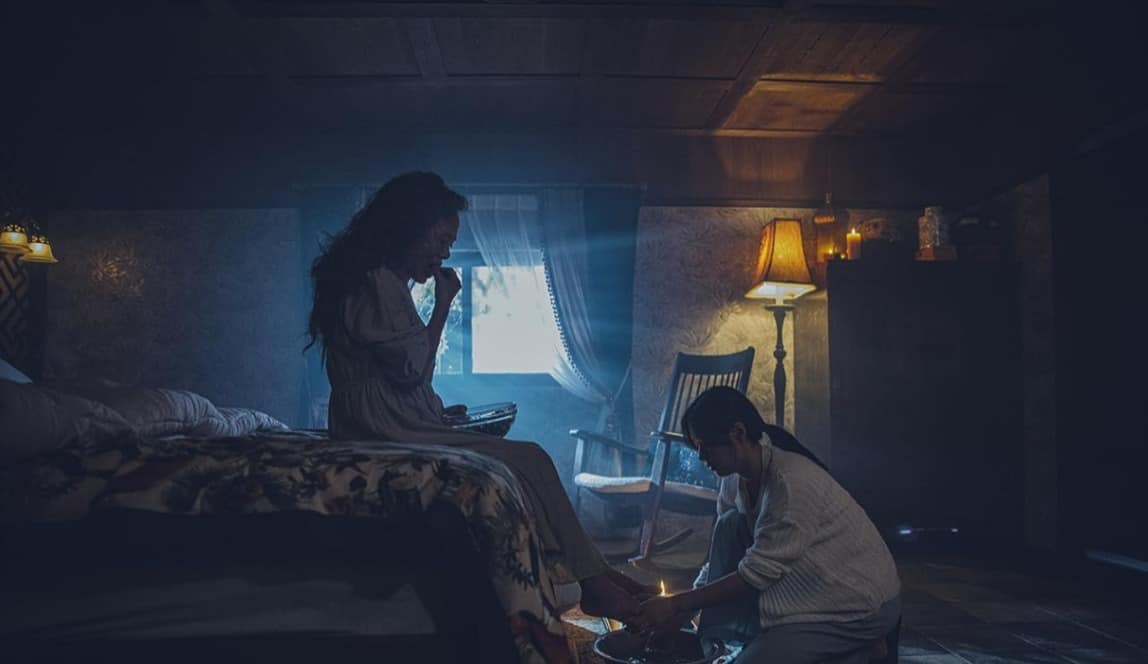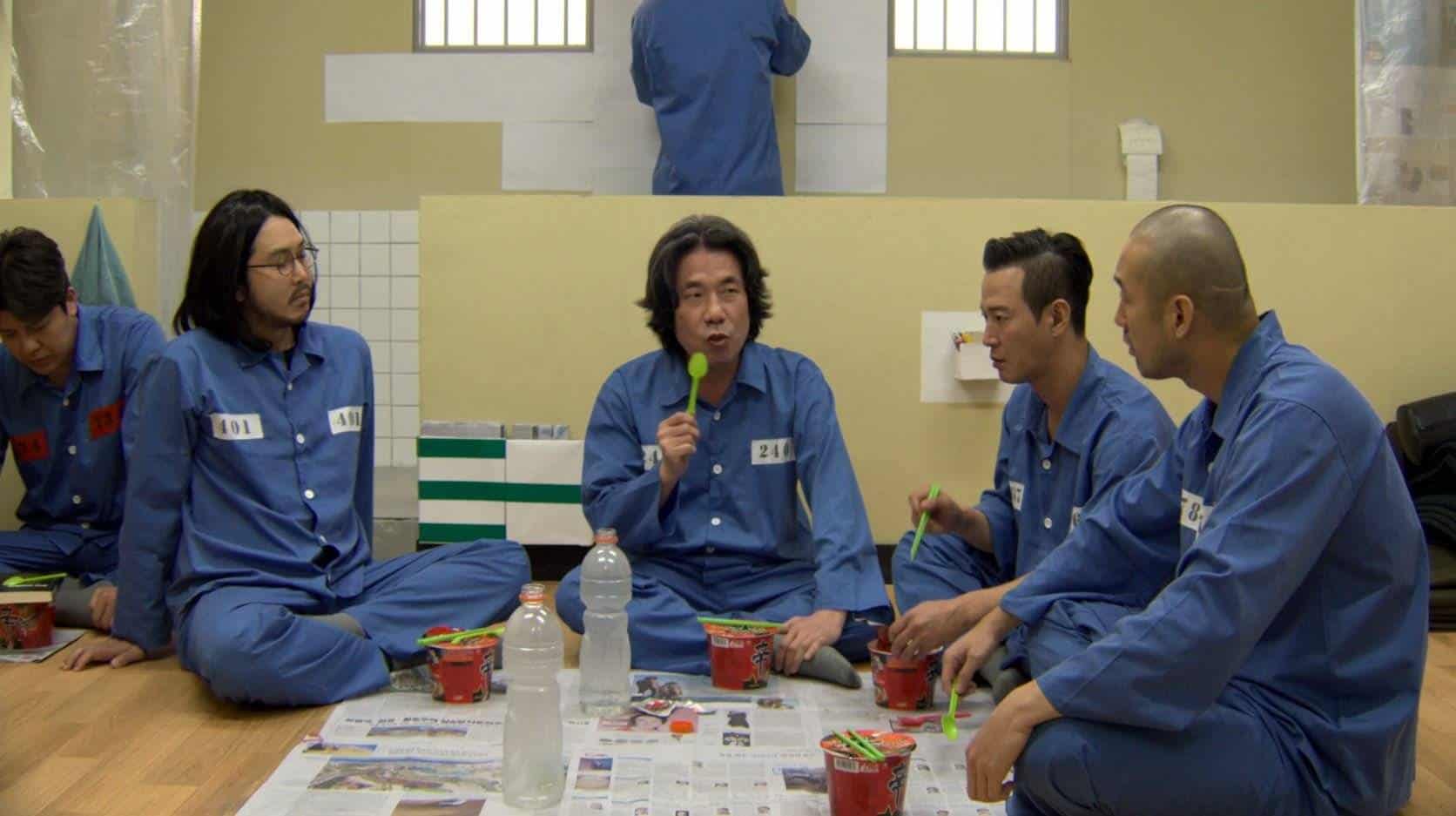No one enjoys being forced to get along with strangers, let alone come to terms with having to live with them. The foundation of a new family, much like a funeral, collides people together with little regard for their desires but, no matter how much resistance is fought or how falsified the pleasantries, we have to accept it as a situation out of our hands and learn to make do. Much can be said about Shiro Tokiwa's feature length debut “The First Supper”, which features both scenarios in two narrative timelines joined in spirit by the homely presence of food; while both timelines could have made for interesting viewing as separate films, this hodgepodge of a movie forces its audience through a menu of workable ingredients clumsily orchestrated into a buffet of nothingness.
“The First Supper” is screening at New York Asian Film Festival Winter Showcase 2020

Returning to their childhood home to attend their father Hitoshi's wake, Rintaro (Shota Sometani) and Miyako (Erika Toda) reunite with family members and old acquaintances whilst having to face their own issues from afar: Rintaro is a freelance photographer coming to terms with having to meet his girlfriend's family; Miyako is struggling to see where her own marriage is going. Whilst there, everyone is stunned to discover Akiko (Yuki Saito), Hitoshi's wife, has cancelled the entire food order; instead, she spends the evening cooking dishes heavily rooted in nostalgia, meals which tell this particular family's story from its rocky beginnings to its unsavoury conclusion, flitting back and forth from the past as memories begin to flood back to them.
Knowing how the potential power food holds as a trigger for memory, Tokiwa starts off fine with specifically linking moments of personal history to their associated foods: fried egg on a bed of cheese being the first “meal” the children – including Akiko's son Shun (Raiku) – were fed as a new family together; miso soup replaying the earlier hostility between Miyako and her new brother. These dishes signify how the two families were able to look past their differences and learn to live together; much like the food itself, there is nothing overly fancy about this slice-of-life story and there needn't be. Tokiwa tells this story with modesty and empathy for his characters, foregoing melodrama for an antiquated realism that works only in his favour. The slow-burning narrative of the past is left to simmer to greater emphasize the bonds growing between the family and this makes it even more touching to see.
The problems with “The First Supper” however undo all work spent on establishing this dramatic dynamic. Shifting from the present to the past and back again, the way it does jars the overall impact of each timeline and because so much heartfelt care has gone into the family-building the present-day storyline seems almost superfluous with its multiple side-elements being thrown in. Too much is needlessly going on for us to become emotionally invested with their otherwise mundane lives, hardly fleshed out by a cast who, though impressive on paper, bring very little to their roles – the exception of which is Erika Toda whose quick-fire wills light up the screen. Predictably, the film's structure also leads us to expect the inevitable moment-of-conflict – we know some uneasy turn of events is coming a mile away – but, thanks to the film's tiresome pacing and unnecessary filler, by the time the final act approaches we are too worn down to really care about what is happening.
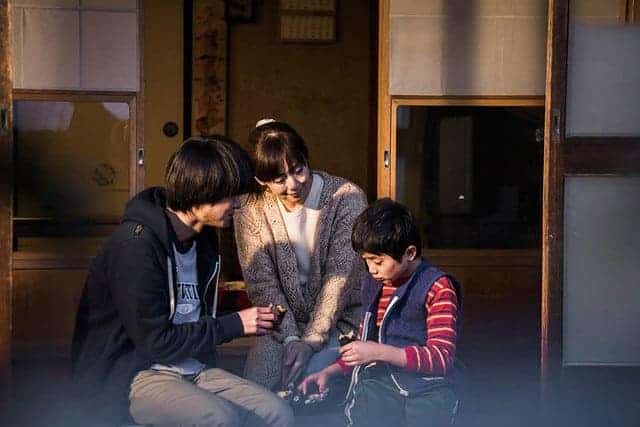
Given Tokiwa's background in commercials and short films, this hardly seems as a surprise; the leap into the frying pan of feature film seems to bring with it an overabundance of story with little substance and an inexperience in editing and pacing. But whilst “The First Supper” is certainly rife with this it knows how to set its own mood. DP Hideo Yamamoto successfully brings the family unit to life on the screen within their surroundings, whilst the film's minimal score emphasizes tenderness at only the right moments whilst never forcing any kind of response from its audience; this all gives the film something of a natural authenticity when disregarding almost everything else.
All in all though it just isn't enough to keep anyone truly invested for its two hour runtime. Films such as “Tampopo” and “Ramen Teh” serve their food directly to you with unquenchable verisimilitude whilst “Blank 13“ and even “Still Walking” introduce you to a wonderful cast you could empathise with. Such a comparison is admittedly unfair but in the grand scheme of things, there is so little “The First Supper” could possibly add to leave any lasting impression. It sure has its moments of drawing you into its world as an observer but sadly just feels like a tedious recycling of genre clichés, lackluster performances, and forced plot points. It is not tasteless per se, it just doesn't leave us vying for seconds.


